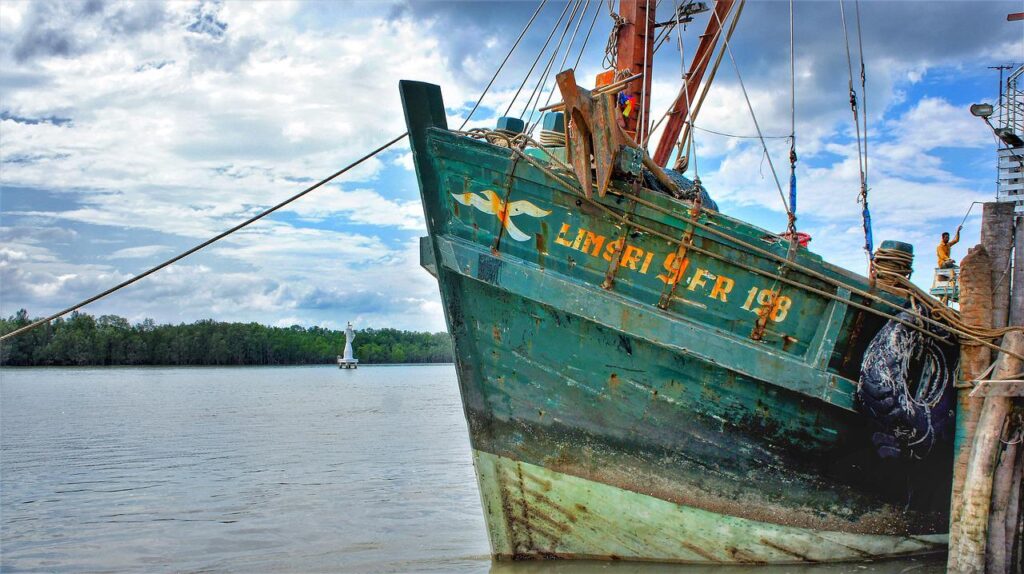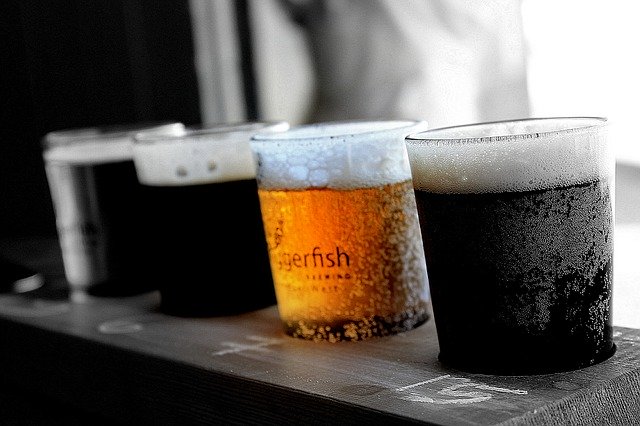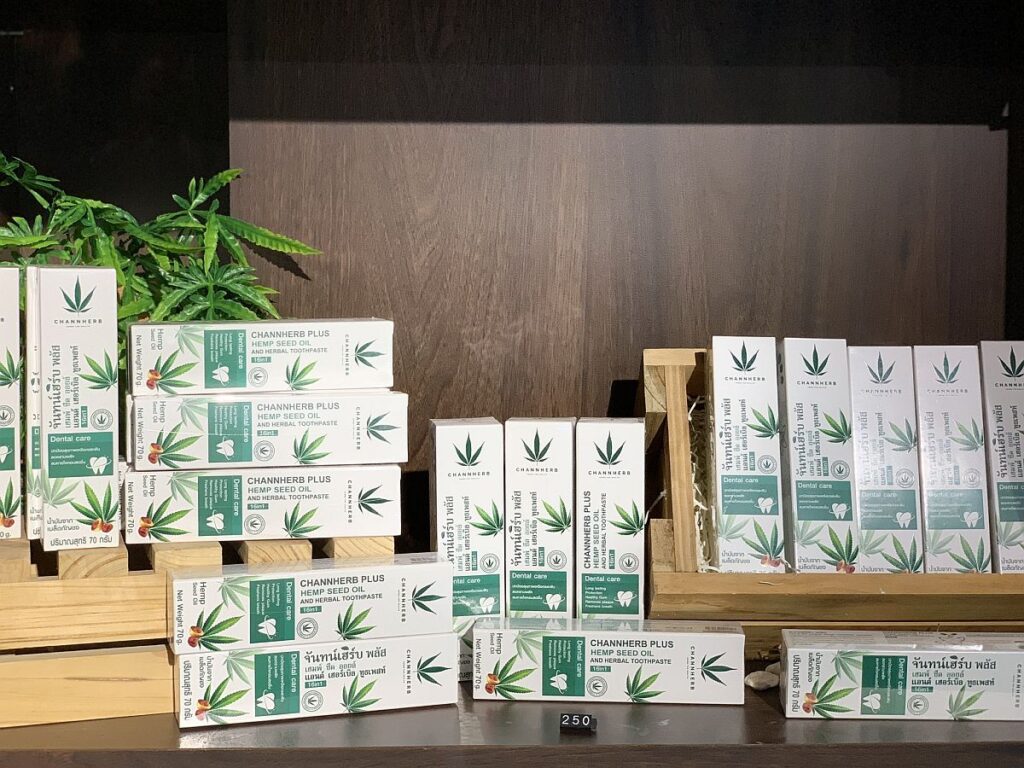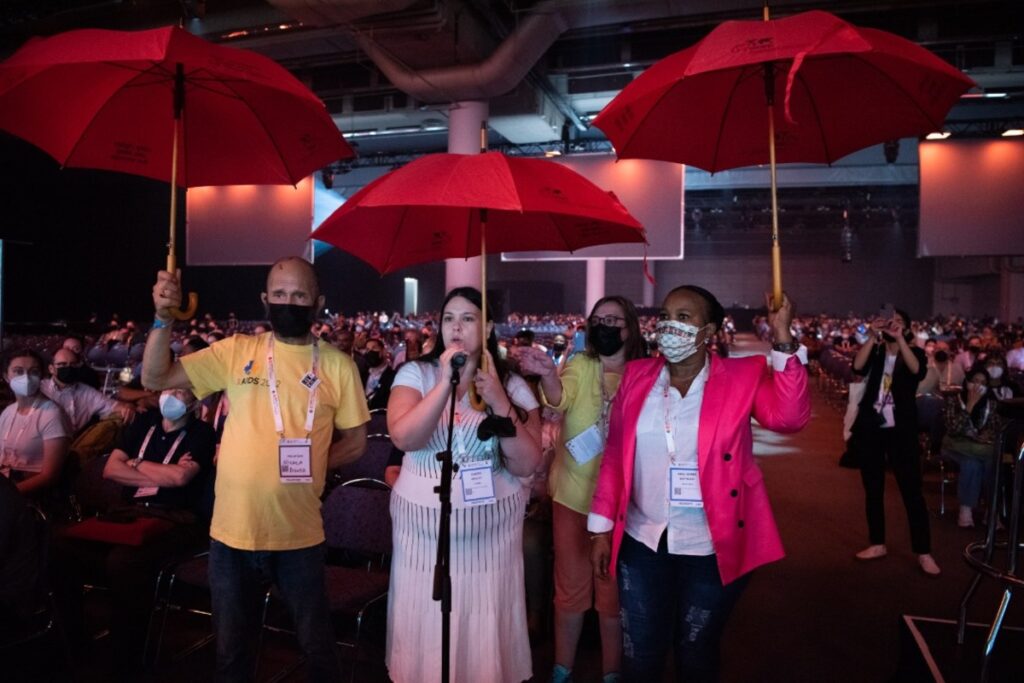MONTREAL, August 26 – Prof Dr Adeeba Kamarulzaman has called for a review of Malaysian drug laws and policies to replace them with legislation that prioritises public health and community safety, so as to end the criminalisation of people who use or possess drugs.
Among the nation’s leading infectious disease experts, Dr Adeeba pointed out that punitive drug policy and laws have never served their purpose in eliminating drug use, but instead creates a barrier for people with drug dependence to seek evidence-based treatment.
“Drugs should be strictly regulated according to their medicinal values and potential harm. Imprisonment should not be the solution for addiction, which is a medical condition,” Dr Adeeba told CodeBlue in an interview last August 2 in Montreal, Canada, after the conclusion of the 24th International AIDS Conference (AIDS 2022).
“We need to stop arresting people and start diverting people who have drug dependence from the criminal justice system to the health sector.
“Judges, prosecutors, lawyers, and prison officers are not trained to deal with addiction. The Dangerous Drugs Act 1952 was enacted before Independence, a time when we have limited knowledge on drug dependence.”
The infectious disease physician from the University of Malaya said legal thresholds on personal use versus trafficking must first be set based on evidence, as she explained that drug addiction is a complex issue where different people have different tolerance levels over time.
However, she also cautioned that any decriminalisation of drugs must be accompanied by improved access to treatment for substance use and addiction, as well as psychosocial support.
“Where they should be channelled to is support and treatment because we know that if you put them in jail, it’s not going to solve anything.”
Prof Dr Adeeba Kamarulzaman, infectious disease physician, University of Malaya
A study is underway at the University of Malaya’s Centre of Excellence for Research in AIDS (CERiA), where Dr Adeeba is founding director, to determine the threshold, i.e. the amount of drug in possession, to help distinguish drug users from traffickers.
Researchers, including from the Yale School of Medicine in the United States, are focusing on three commonly used drugs: cannabis (also known as marijuana), amphetamines, and heroin.
“We’re working with an expert from Adelaide, Dr Caitlin Hughes, to help us better understand the issue because the amount also changes depending on the price on the streets and the purity. So, we want to see what is the average amount people use.
“First, it’s the price and purity. Second, is how long you’ve been using [the drugs]. Obviously, the longer you use, the more tolerant you are, the more you will use. So, this is why we need to work with experts to help us determine this – very interesting work,” Dr Adeeba said.
“I actually strongly believe in support and treatment for amphetamines because it’s such a horrible drug that can lead to significant structural and functional damage to the brain. It is also a highly addictive drug. So if you are not channelled for support to help you stop it by professionals who know what they’re doing, and you put them in prison, it’s just going to get worse, right?
“How would the prison officers know how to deal with psychosis and all that?” Dr Adeeba argued. “So at least if people are being managed early by experts, then you know, it doesn’t escalate to a situation where they become violent.”
How One’s Job Puts People At Risk For Drug Use, Like Deep-Sea Fishermen

While Malaysia’s war on drugs has, over the decades, painted the use of narcotics as immoral behaviour driven by personal choice, Dr Adeeba highlighted the role of multiple external factors that put individuals at risk for drug use, such as one’s occupation.
One such example is deep-sea fishermen, who are often out on a fishing boat in deep waters for weeks at a time.
Previous studies by CERiA, involving researchers from Columbia University in New York, US, Yale School of Public Health, and the University of New South Wales in Australia, showed significant injection drug use – particularly heroin, pil kuda (an amphetamine type stimulant) and buprenorphine (a type of opioid) – by deep-sea fishermen.
“The fishermen also use a lot of uppers as well because of the physically hard work. We’ve done some really nice work on fishermen and drug use – and you know, they go to the big seas when they are young and it’s scary,” Dr Adeeba said. “I mean, they are at sea for two weeks.”
“So actually, what my colleague Martin [Choo] found was that the day fishermen are not as involved in drugs, compared to those who go to the deep seas.”
Prof Dr Adeeba Kamarulzaman, infectious disease physician, University of Malaya
One of the studies led by Choo on the prevalence of HIV and hepatitis C virus (HCV) infections among Malaysian fishermen, published in 2015, found that the main route for HIV transmission among Malaysian fishermen was via injection drug use.
More than a third (39.3 per cent) of fishermen reported a history of injection drug use.
The study also identified injection drug use, being older than 25 years of age, working on a commercial vessel, and staying at sea for four days or longer per trip as the main correlates for HCV infection. The study recruited 406 fishermen in Kuantan, Pahang, between July and December 2011.
A decriminalisation approach recognises that people are sometimes forced by circumstance to take narcotics to sustain livelihoods and need to be treated when their drug use, linked to their job, ends up leading to addiction or to HIV or HCV infection.
“We shouldn’t punish them for it and make things worse and perpetuate the cycle of poverty and incarceration and drug use for them and their families,” Dr Adeeba said.
Reclassify Narcotics, Alcohol, Tobacco In Terms Of Harms To Individual And Society

Dr Adeeba said Malaysia needs to reclassify illicit drugs, and alcohol and tobacco in terms of their harms – harms to the individual, as well as to society.
The former International AIDS Society president cited research by Prof David Nutt, a former UK government chief drugs adviser who was sacked in 2009 for claiming that alcohol and tobacco are more harmful than many illegal narcotics, including LSD, ecstasy, and cannabis.
According to the study co-authored by Nutt that was published in the Lancet, alcohol is more harmful than heroin or crack when considering overall dangers to both the individual and society.
In a ranking of 20 drugs on 16 measures of harm to users and to other people, alcohol emerged as the most harmful overall. Tobacco was considered the sixth worst, more damaging than cannabis that came in eighth. The 16 criteria included a drug’s effects on users’ physical and mental health, social harms including crime, environmental damage, and economic costs, among others.
“Overall, alcohol is the most harmful drug because it’s so widely used,” Nutt, who is currently director of the neuropsychopharmacology unit in the division of brain sciences at Imperial College London, told the BBC in a 2010 interview.
“It is therefore very important to make a distinction on the type and levels of harm that different drugs cause, and certainly 200 grams of marijuana shouldn’t lead to the noose. I mean, thankfully, it’s no longer a mandatory death sentence.”
Prof Dr Adeeba Kamarulzaman, infectious disease physician, University of Malaya
Under the Dangerous Drugs Act, a person arrested in possession of 200 grams of cannabis, 15 grams of heroin, and 50 grams of amphetamines – equivalent to about five tablespoons – will be presumed by law to be trafficking in drugs.
In 2017, Parliament amended the Dangerous Drugs Act to insert Section 39B(2A), which abolished the mandatory death penalty for drug trafficking, replacing it with sentencing that includes death, imprisonment for life, and whipping of not less than 15 strokes on conviction.
“It’s got to be regulated,” Dr Adeeba said.
She explained that drugs should be regulated like tobacco and alcohol, “not leave it in the hands of the underworld”.
“But the treatment and support arm needs to be strengthened,” Dr Adeeba stressed. “You can’t decriminalise and leave people on the streets with no support.”
More Evidence Needed For Medical Cannabis, Don’t Criminalise Substance Sale And Use

Health Minister Khairy Jamaluddin has announced the government’s plans to introduce a framework by the end of this year for the registration of prescription drugs containing cannabidiol (CBD), one of the active ingredients in cannabis that does not produce a “high”, unlike the THC hallucinogenic compound.
Khairy said he was “convinced” about the evidence of CBD and that efforts to regulate CBD drugs are limited to prescription CBD, not self-medication or for recreational use.
However, Dr Adeeba called for a “balanced and measured” approach to the evidence around treatment efficacy for medical marijuana, citing chronic pain – a condition that can be difficult to measure – as one of the most common indications.
“The results around the effectiveness of medical marijuana for chronic pain are conflicting – with some studies showing its effectiveness and others don’t,” Dr Adeeba said.
“The best evidence for effectiveness is probably for spasticity associated with multiple sclerosis, where it has been shown to reduce pain associated with it.”
“Moving forward, it is important that we get more evidence for its clinical benefits through well designed studies, regulate its use, and not criminalise the sale and use of the substance.”
Prof Dr Adeeba Kamarulzaman, infectious disease physician, University of Malaya
Khairy said Wednesday, during a working visit to Thailand to look at the country’s medical cannabis policies, that the Malaysian government is not considering legalising recreational cannabis use, despite his push to permit the use of marijuana for medical reasons.
The Dangerous Drugs Act does not distinguish between different marijuana products by their THC content, simply banning cannabis as a whole, defined as “any part” containing resin of any cannabis plant.
Time To Repeal The Law To Decriminalise Sex Workers

During the closing ceremony of AIDS 2022, a demonstration took place, calling for the decriminalisation of sex workers, which Dr Adeeba thinks “it is time.”
The infectious disease physician cited a recent study that compared the AIDS pandemic response globally, where it was found that the national AIDS response and achievement of global targets were less successful in countries that criminalised same-sex sexual acts, sex work, and drug use individually and in combination, than in those that did not — achieving significantly lower levels of HIV status knowledge and HIV viral suppression.
“Criminalisation of these key populations leads to fear of accessing prevention, treatment and support services, and significant stigma and discrimination and violence, all of which can lead to increased risk for getting HIV.”
Prof Dr Adeeba Kamarulzaman, infectious disease physician, University of Malaya
Under common law, Section 372 of the Penal Code states that soliciting for sex in any place and knowingly living on the earnings of being a prostitute are illegal that can be punished with imprisonment for up to 15 years, whipping, and fine.
Under shariah law, imposed only on Muslims, Section 21 of the Shariah Criminal Offenses Federal Territories Act states that “any woman who prostitutes herself” can be sentenced to fines of not more than RM5,000, imprisoned for not more than three years, and whipping of not more than six times.
The UNAIDS Global AIDS Update 2022 report highlighted Malaysia and the Philippines as being among the countries with rising HIV epidemics among key populations, described as “alarming”.
Key populations are defined by the global AIDS agency as gay men and other men who have sex with men (MSM), sex workers, transgender people, people who inject drugs, and prisoners and other incarcerated people as the five main key population groups that are particularly vulnerable to HIV and frequently lack adequate access to services.
Across the Causeway in Singapore, prostitution is legal, but commercial sex operations must operate in specially designated zones.
Several policy experts in Thailand have also called for the decriminalisation of sex workers, calling for the latter’s access to labour rights and social welfare benefits.








